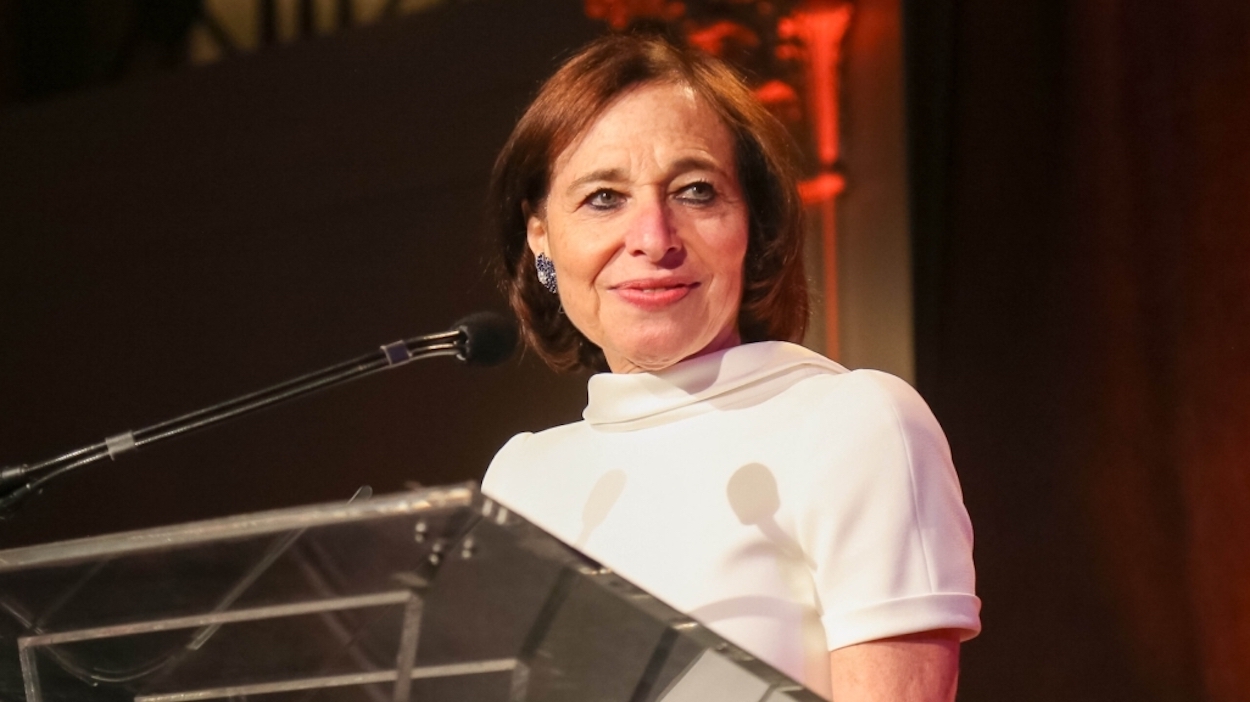Latin American Gays: The Post-Left Leftists
Latin American Gays: The Post-Left Leftists
Gay rights activists in a number of Latin American countries have achieved surprising and significant victories in recent years.
When most straight people are forced to think about gay people, they usually think of one thing first, sex. A political scientist might focus instead on a different question: how do gays perform in politics? Judged from their political achievements this past decade, the answer is, at least for Latin American gays: they’re pretty good.
The political achievements of LGBT groups in Latin America in the 2000s are remarkable. Examples include: decriminalization of homosexuality (now complete in all Spanish-speaking countries and Brazil); laws against sexual-orientation discrimination (Brazil 2000, Mexico 2003, Peru in 2004); extending the same rights and obligations to same-sex couples as heterosexual couples (e.g., Buenos Aires 2002, Colombia in 2009); granting access to health benefits, inheritance, parenting and pension rights to all couples who have cohabited for at least five years (Uruguay); and constitutional bans against discrimination on the basis of gender, sexual identity or HIV status (Ecuador 2008). In the last two years alone the speed of change picked up, with most countries witnessing a significant legal change in the direction of more gay-friendliness, including the now famous Mexico City law recognizing gay marriage and adoption rights.
What is remarkable is not that change has happened, but that it has happened against such formidable odds. As Moreno Morales and Mitchell Seligson make clear in the current issue of Americas Quarterly, Latin America is still homophobia-land. Their poll shows that between half and three-quarters of the population in most Latin American countries exhibit disturbing levels of intolerance toward homosexuals. This attitudinal intolerance is by no means the only barrier that LGBT groups face in politics, but it alone is reason enough to be awed by the political victories that LGBT groups have achieved.
So how did they do it? How has a movement comprising such a tiny and often invisible minority managed to introduce major changes in a region where homophobia—at home, at school, at work, and at church—is so entrenched? The answer is—innovative politics. LGBT groups have adopted some of the most innovative political strategies—in action and thinking—among social movements in contemporary democracies. Although LGBT groups are decidedly on the left, many of their strategies depart substantially from conventional leftist strategies. These strategies are worth highlighting and maybe even emulating. Here is a sampling.
Read the full text of this web exclusive at www.AmericasQuarterly.org.
Javier Corrales is Associate Professor of Political Science at Amherst College, and a member of the editorial board of Americas Quarterly, where he published “Markets, States and Neighbors” in the Spring of 2009. He is the co-editor of The Politics of Sexuality in Latin America (Pittsburgh University Press, May 2010).







